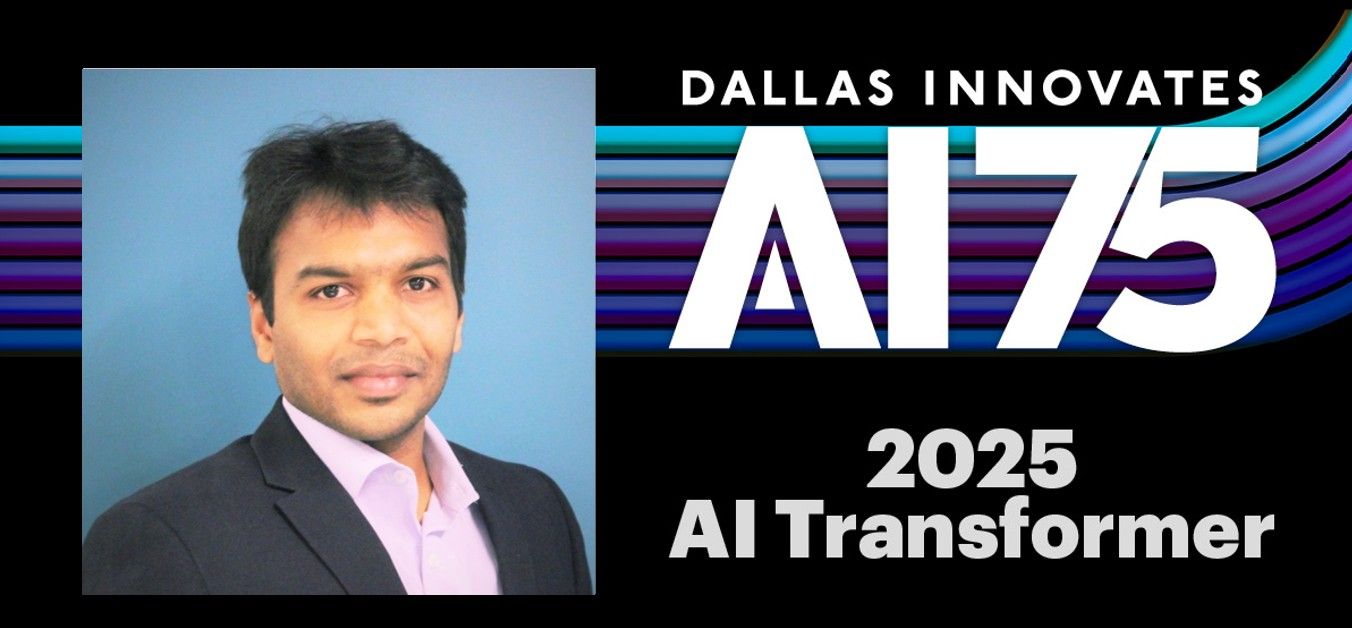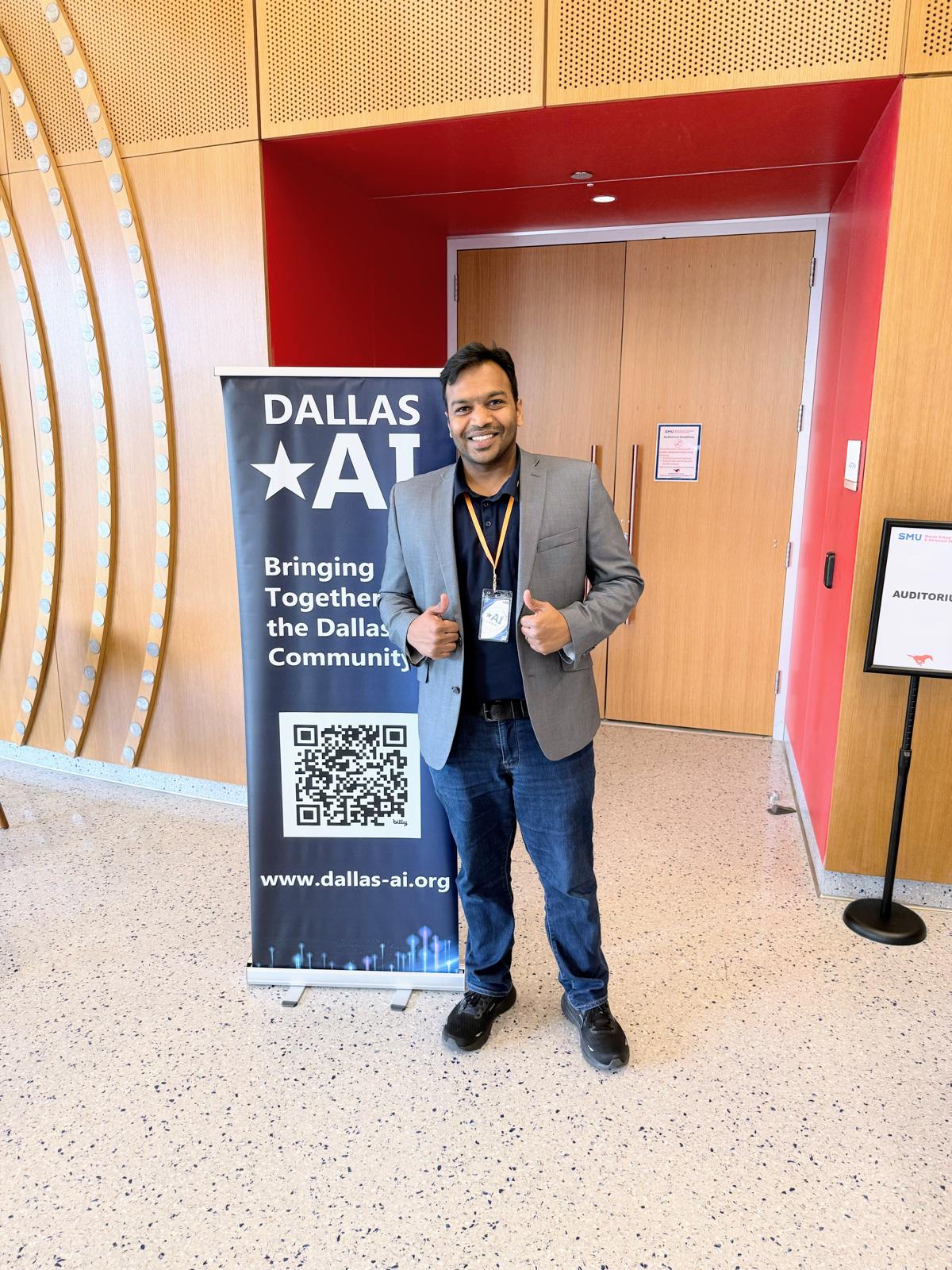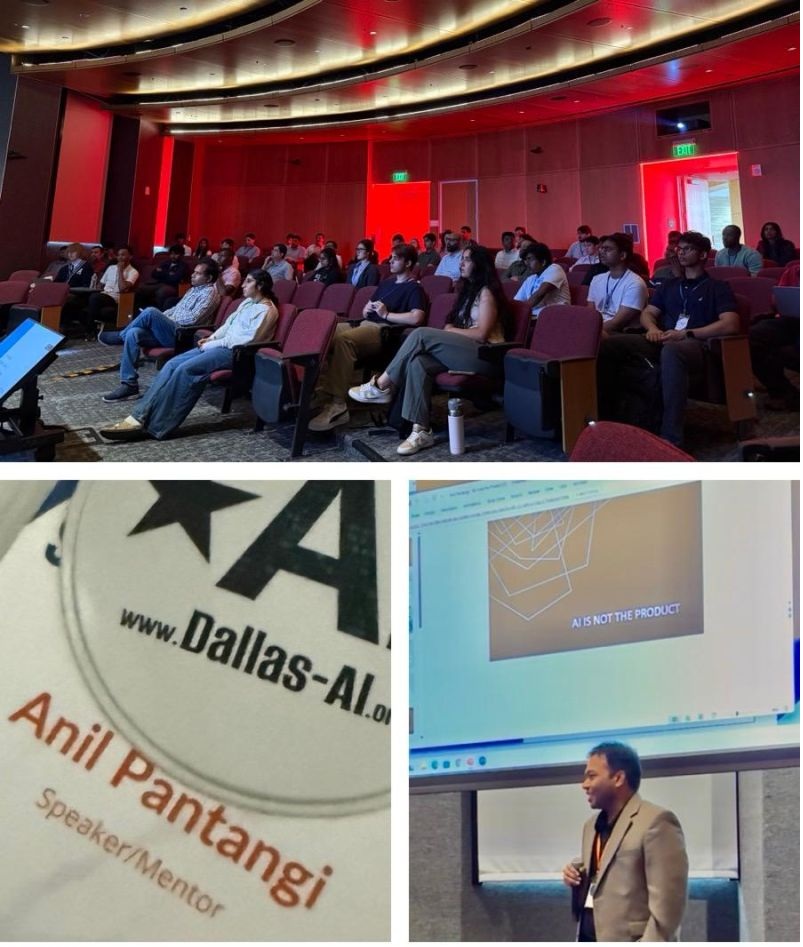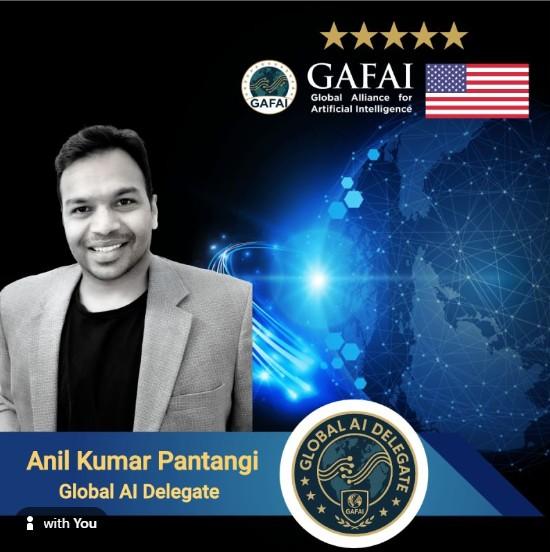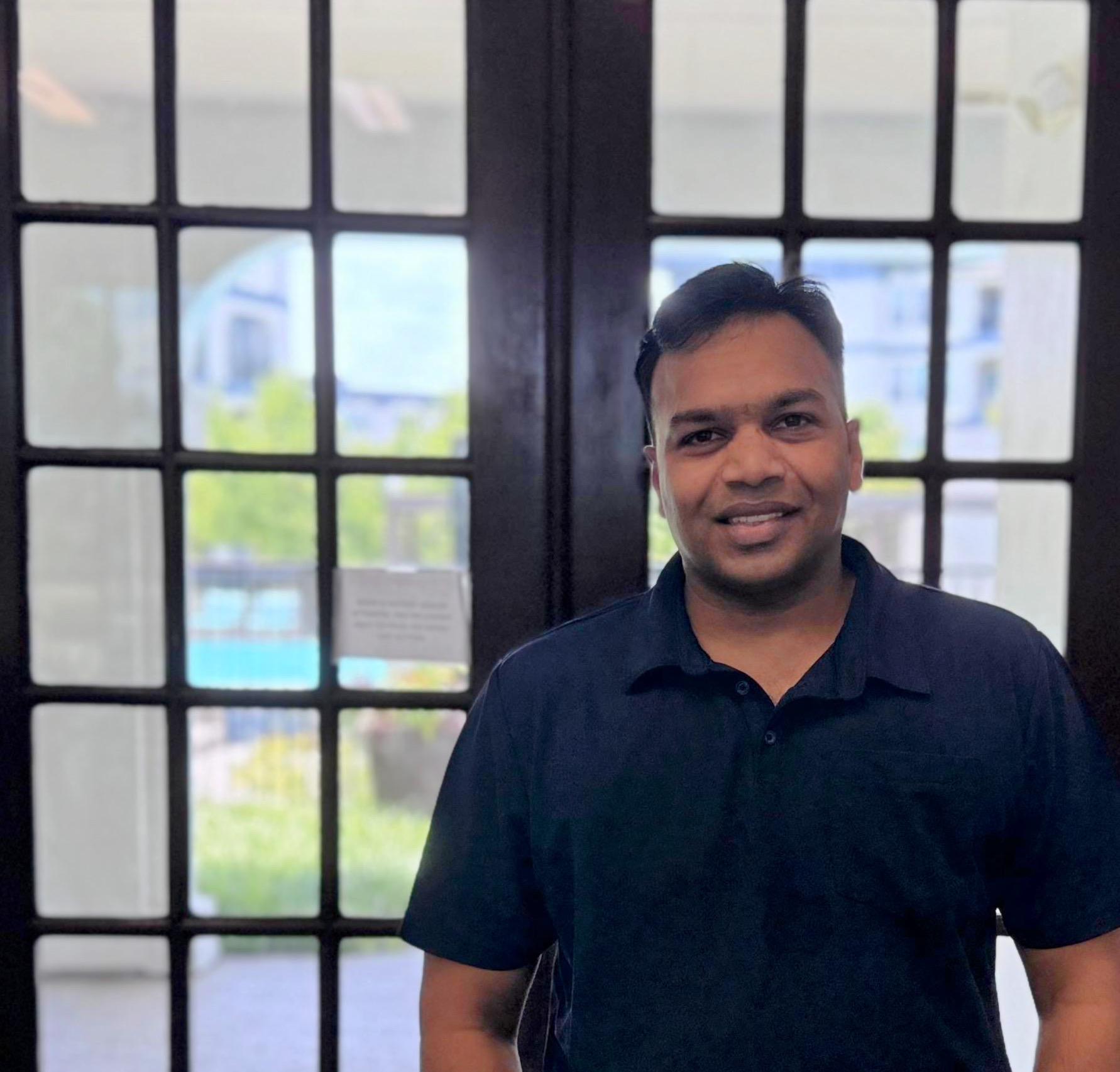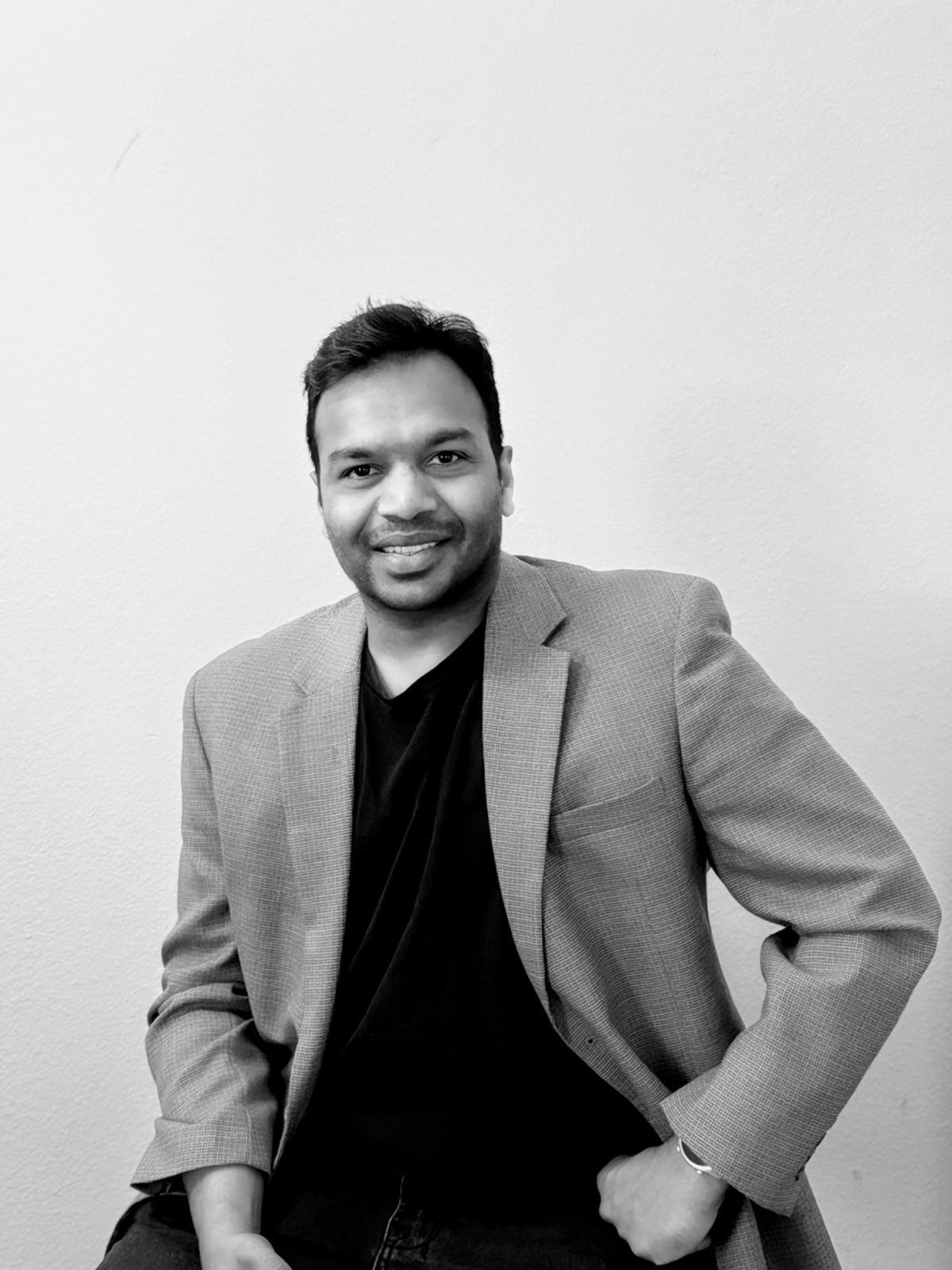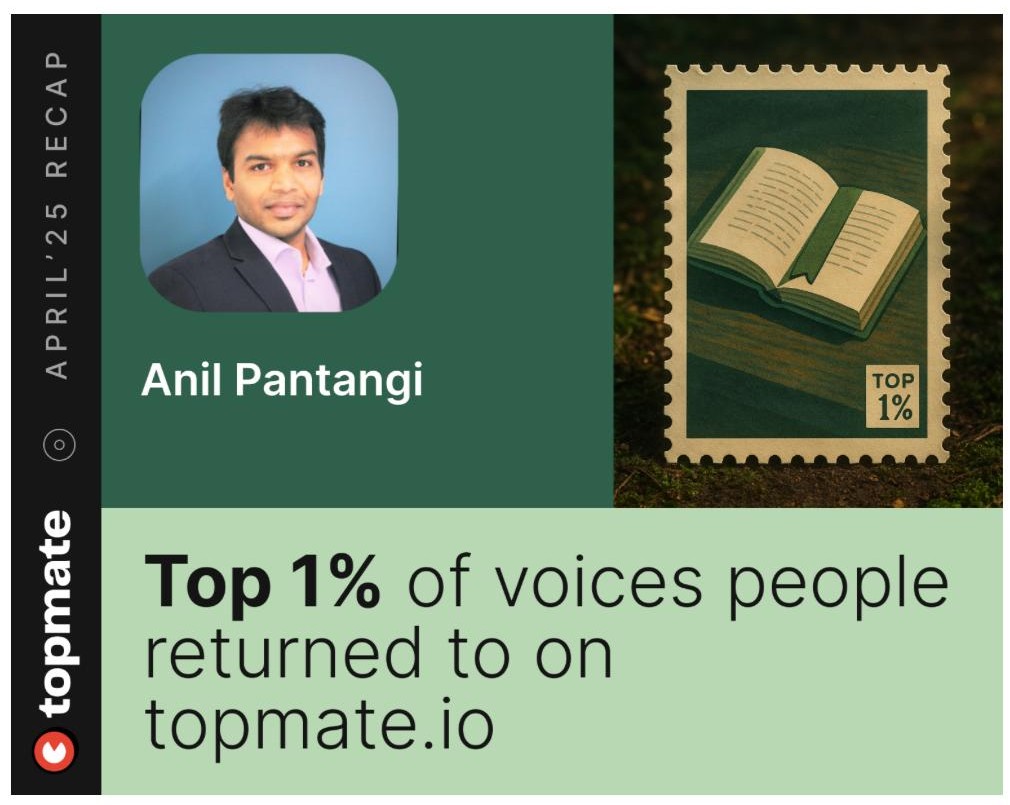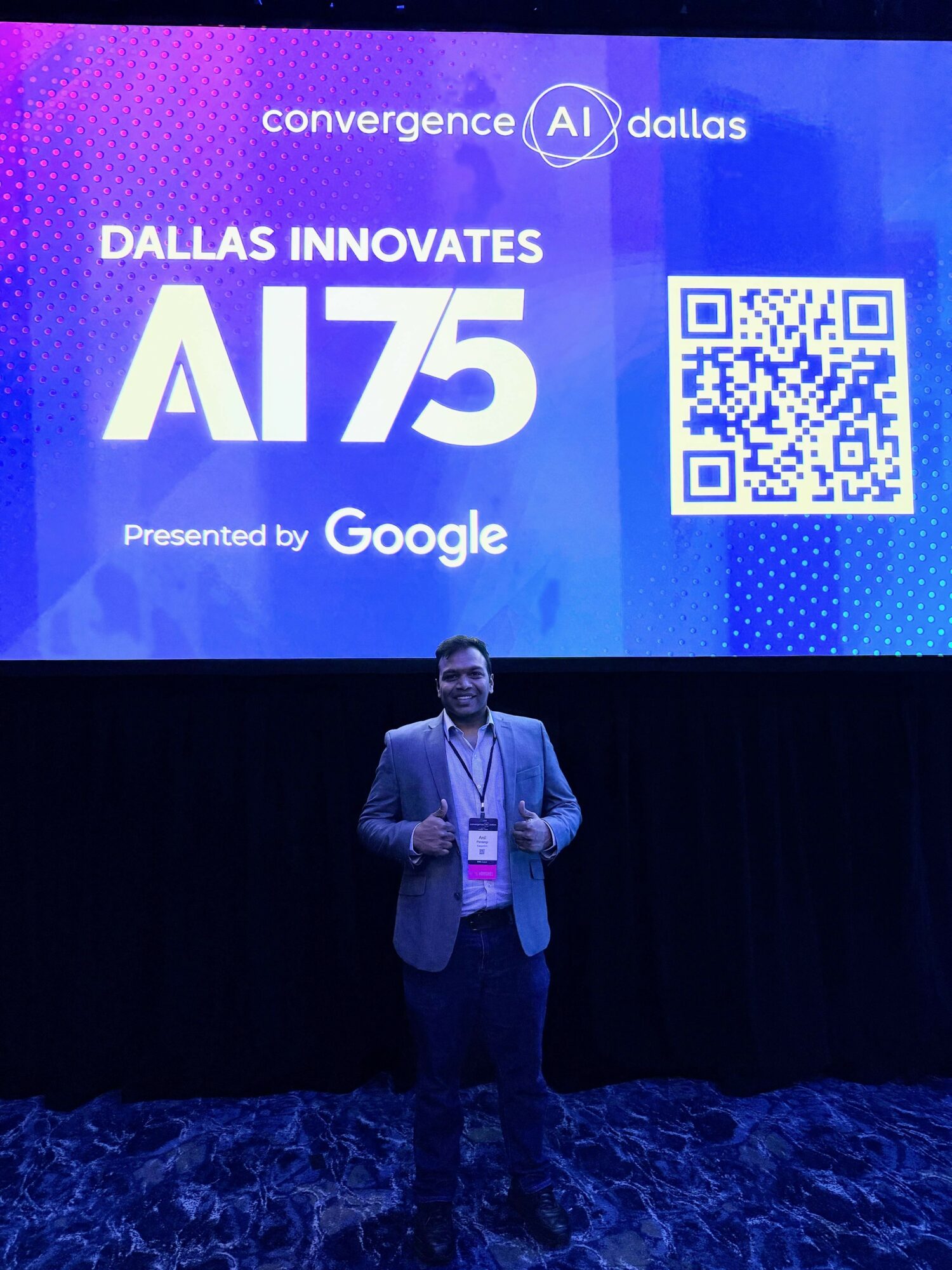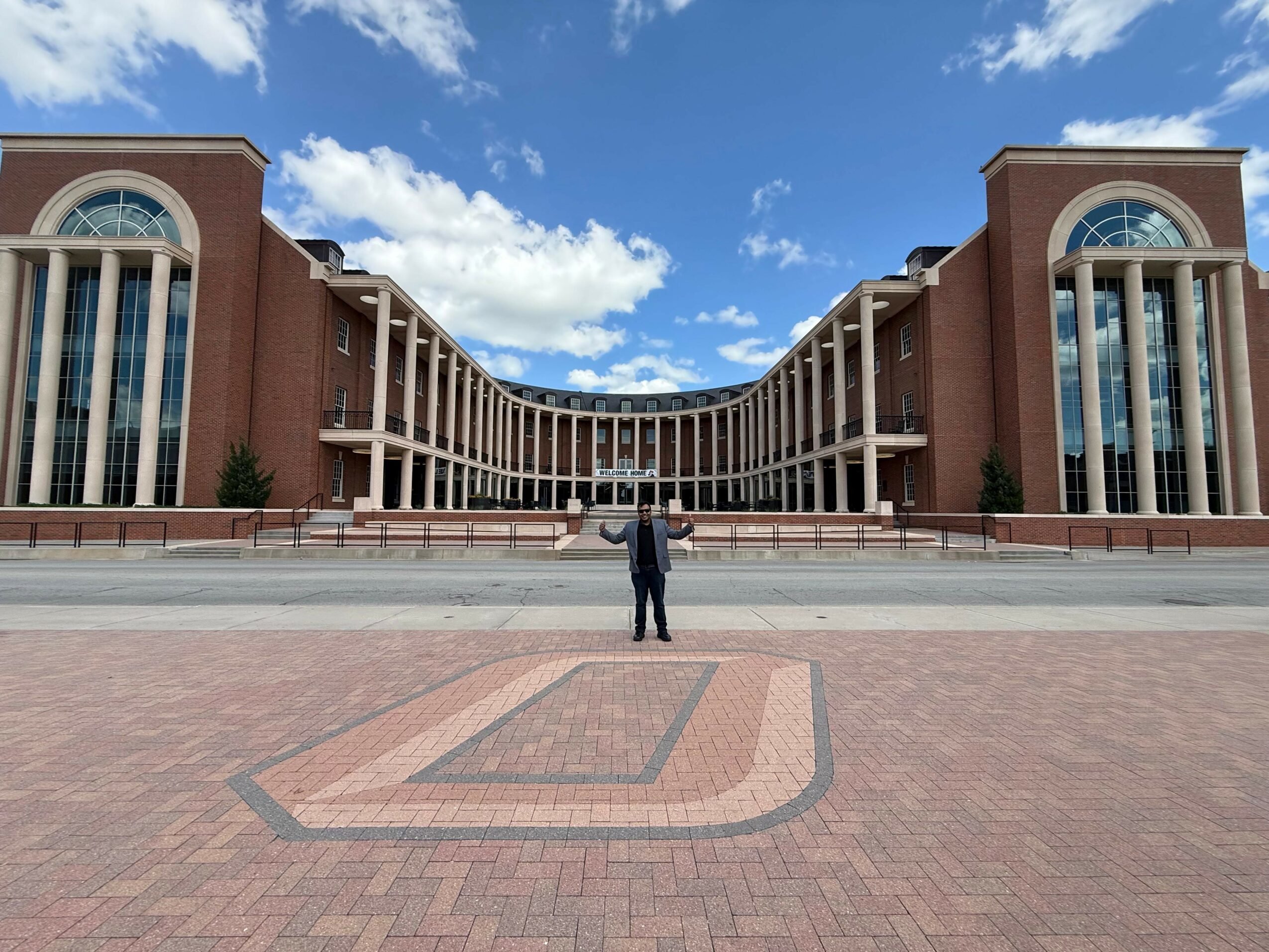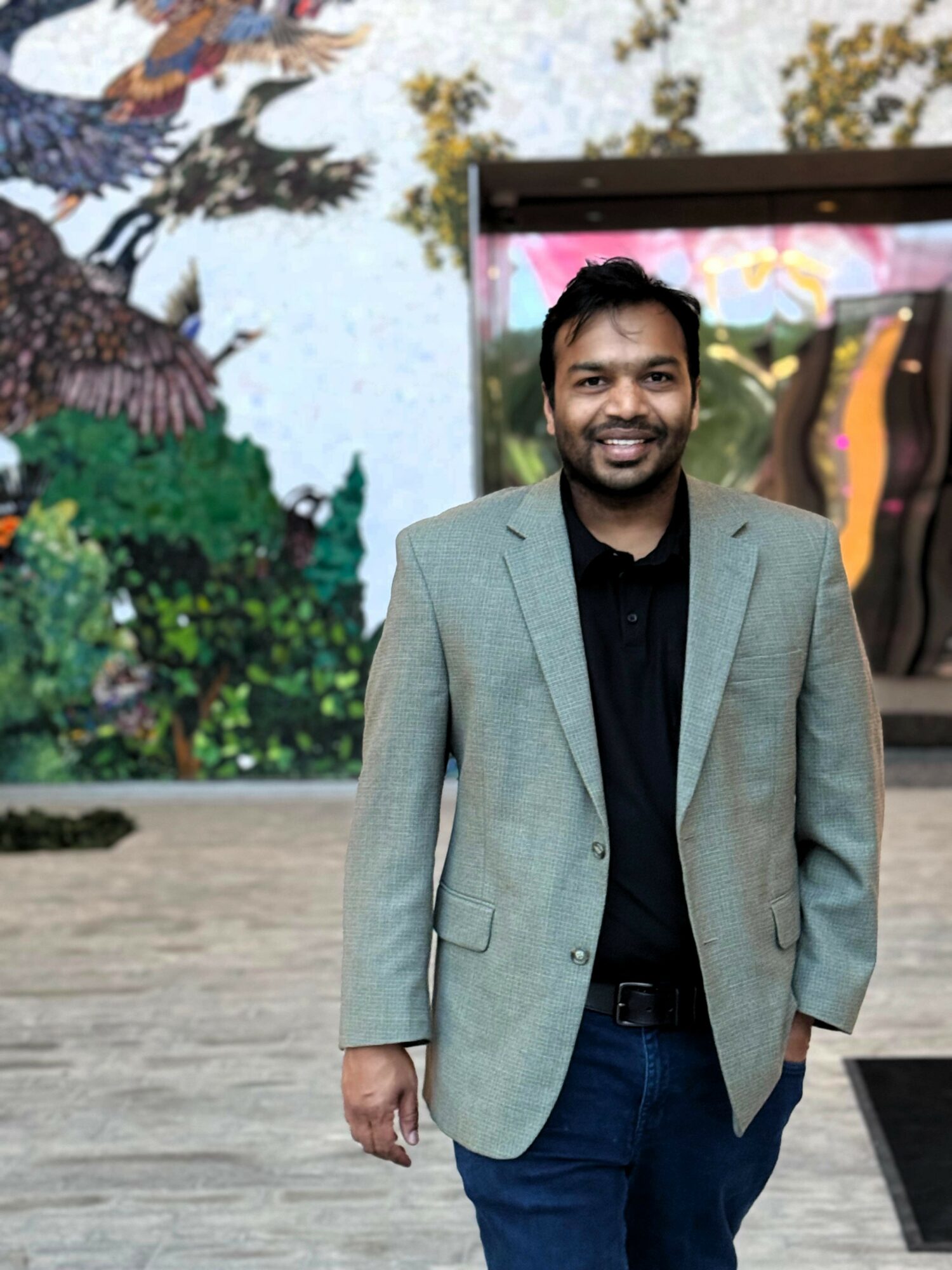

Today we’d like to introduce you to Anil Pantangi.
Hi Anil, it’s an honor to have you on the platform. Thanks for taking the time to share your story with us – to start maybe you can share some of your backstory with our readers?
My journey started with curiosity. Growing up, I was fascinated by how technology could change lives, and that passion led me to pursue a career in engineering. I began my career in the telecom industry, working on large-scale systems that connected millions of people, which provided a strong foundation in building reliable and scalable platforms.
Over time, I realized technology alone isn’t enough; real impact comes from solving business problems. That insight drew me toward product leadership and AI, where I’ve spent the last decade designing and building driving products for global enterprises. I’ve led initiatives that delivered multi-million-dollar savings, created AI-driven frameworks for enhanced efficiency, and influenced enterprise architecture decisions at a large scale.
Today, as a Forbes Tech Council Member Leader, Speaker, and Board Member, I focus on helping organizations adopt AI responsibly, ensuring innovation is balanced with governance and ethics. It’s been a journey of constant learning and creating measurable impact
Would you say it’s been a smooth road, and if not what are some of the biggest challenges you’ve faced along the way?
It definitely hasn’t been a smooth road, and honestly, that’s where the growth happens. One of the biggest challenges was driving large-scale adoption of new technology and AI in traditional enterprise environments. Introducing a new technology is never just about the tech. It’s about culture, trust, and how people perceive risk.
Early on, I faced skepticism from stakeholders who worried that AI would disrupt processes or create compliance issues. To overcome that, I started small by running pilot programs that delivered measurable results. Once people saw real outcomes, resistance turned into support.
Another challenge was keeping pace with the rapid pace of innovation. Technology and AI evolve faster than most governance frameworks, so I had to strike a balance between agility and accountability constantly. This meant creating new models for AI governance and ethics while ensuring that innovation didn’t slow down.
These experiences taught me that technology leadership is as much about empathy and communication as it is about engineering and technical expertise.
Alright, so let’s switch gears a bit and talk business. What should we know about your work?
I work at the intersection of technology, business strategy, and innovation. My focus is on architecting and developing AI-driven solutions that address real business challenges and deliver tangible results. Over the years, I’ve led initiatives that have transformed how global enterprises operate, from modernizing telecom systems to implementing AI frameworks that enhance efficiency and inform decision-making.
I specialize in applying AI and advanced analytics in complex environments, such as telecom, HR tech, and enterprise platforms. What I’m best known for is bridging deep technical expertise with business outcomes. For me, it’s never just about the technology. It’s about creating systems that are responsible, scalable, and impactful.
I’m also passionate about research. More than a decade ago, I worked on Natural Language Processing and topic modeling techniques that are still relevant today and continue to be referenced in academic and industry discussions. That early work shaped my perspective on AI’s potential and its responsible use.
What I’m most proud of are two things. First, leading AI programs that have delivered more than hundreds of millions of dollars in combined annual savings for large enterprises. Second, earning recognition for thought leadership, including being named to the Top AI 75 Leaders list, serving as a Forbes Tech Council Member, and an editorial board member on a prestigious AI Journal.
What sets me apart is my ability to combine innovation with accountability. Many focus on building fast, but I focus on building right, balancing speed with governance, ethics, and trust. That’s critical as AI becomes an increasingly significant part of business and society today.
Networking and finding a mentor can have such a positive impact on one’s life and career. Any advice?
Networking and mentorship have been game changers for me, but I’ve learned that it’s not about collecting contacts. It’s about building meaningful relationships. The best mentors I’ve had were people whose work I genuinely admired and with whom there was a natural alignment of values and goals.
My advice is to lead with curiosity and value. Instead of asking for mentorship right away, start by engaging with their work, sharing your thoughts, and offering help where you can. Mentorship is a two-way street, and when you approach it as a relationship rather than a transaction, it lasts longer and has a deeper impact.
For networking, I’ve found that contributing to communities, whether through speaking at events, writing thought leadership articles, or leading discussions, creates authentic connections. When people see your passion and expertise, opportunities naturally follow.
Most importantly, stay curious and generous. Give before you ask. The relationships that matter most often come from helping others succeed.
Contact Info:
- Website: https://councils.forbes.com/profile/Anil-Pantangi-Sr-Product-Tech-Delivery-Leader-AI-Analytics-Capgemini-America-Inc/028a715b-3f3d-4561-9c35-8c31f7456637
- LinkedIn: https://www.linkedin.com/in/anilkpantangi/
- Other: https://v0-anil-pantangi-website.vercel.app/
